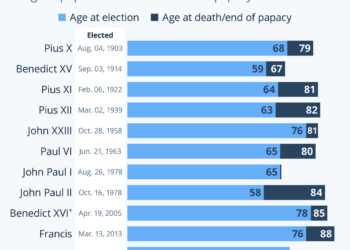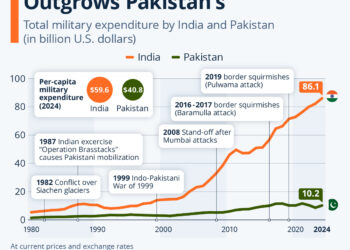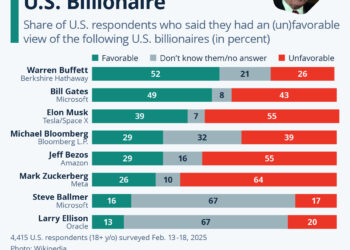Understanding the Current Landscape of the Death Penalty in the United States
The topic of the death penalty in the United States has been a contentious issue for decades, evolving amidst shifts in public opinion, legislative actions, and ethical debates. Recent data indicates a significant transformation in how Americans perceive capital punishment, signaling a paradigm shift in societal values regarding justice and morality.
Historical Context of the Death Penalty in the U.S.
Historically, the death penalty has enjoyed substantial support among the American populace. In the early 1990s, support surged to an overwhelming 80 percent, reflecting a society that predominantly endorsed capital punishment as a form of retribution for heinous crimes. This support stemmed from a belief that the death penalty served as a deterrent against violent crime and provided closure to victims’ families.
However, the landscape began to change in the subsequent decades. Various factors contributed to a declining endorsement of capital punishment, prompting a reevaluation of its role in the justice system.
Declining Support: A Gallup Poll Analysis
Recent findings from a Gallup poll in 2024 highlight a dramatic decrease in support for the death penalty, dropping to levels unseen in over 50 years. As of October 2023, proponents of the death penalty stood at 52 percent, though this marks a significant decline from its historical highs.
Key Factors Influencing Public Opinion
-
Abolitions and Moratoriums: Several states have taken concrete steps to abolish the death penalty altogether. The lead was taken by New York in 2004, followed by New Jersey in 2007. This trend has inspired other states to enact moratoriums on capital punishment while reexamining its application.
-
Botched Executions: Several high-profile cases involving botched executions have exacerbated public discomfort with the death penalty. In the 2010s, these occurrences sparked debate over the humane application of capital punishment and triggered states’ struggles to secure viable lethal drugs, further undermining confidence in the death penalty.
ADVERTISEMENT - Public Preference for Alternatives: A pivotal shift occurred in 2019 when a Gallup survey revealed that 60 percent of Americans favored life imprisonment without the possibility of parole over the death penalty in murder cases. This marked a significant turning point, showcasing a potentially enduring shift in public sentiment.
The Division Among Proponents of the Death Penalty
Despite the decline in overall support, a notable segment of the population continues to advocate for the death penalty. Among these supporters, a strong conviction persists regarding its necessity and application.
Insights from the 2023 Gallup Survey
- Perception of Usage: A striking 39 percent of Americans believe that the death penalty is not applied frequently enough, indicating that those who support capital punishment hold passionate views about its role in the justice system.
- State Implementation: Currently, 27 states have active death penalty laws, yet only 17 have executed inmates in the past decade, and even fewer—14—have carried out executions in the last five years. This discrepancy reflects the ongoing contention surrounding capital punishment and its applicability across various jurisdictions.
Death Penalty as a Divisive Issue
The death penalty has become emblematic of broader cultural and political divisions in the United States. As public opinion fluctuates and the legal landscape continues to evolve, it remains a focal point of heated debate. From ethical considerations surrounding justice and human rights to questions of efficacy and morality, the conversation surrounding the death penalty is far from settled.
The societal shift away from capital punishment suggests a complex interplay between changing values, enhanced awareness of wrongful convictions, and a growing emphasis on rehabilitation over retribution. As the discussions persist, the future of the death penalty may unfold in unexpected ways, influencing the American justice system for generations to come.






